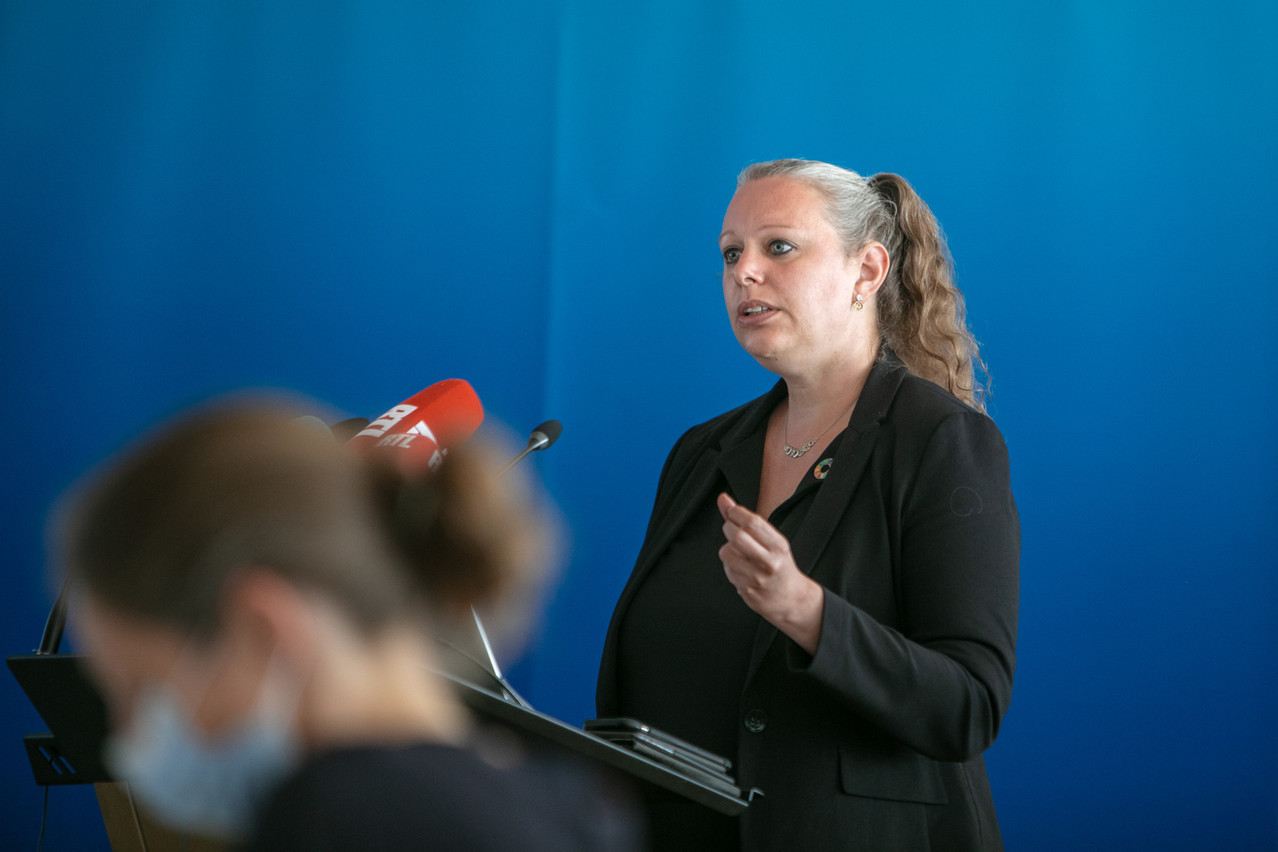Dieschbourg was summoned on 10 February in parliament to respond to a series of questions from member of parliament Jean-Paul Schaaf (CSV) concerning the saturation of landfills for inert waste (soil and stones). The environment minister shifted the responsibility to the construction sector, while also stressing the need to carry out new awareness-raising work with construction actors to encourage them to better recover inert waste. That would mean to include soil and stones in a circular process.
Read also
“Everything that can be recycled is already recycled. For the last 20 years, the production that we’ve thrown out has been 30,000 tonnes per day, while the number and volume of building sites is constantly increasing over the same period. This shows that we are already recycling everything we can recycle," says Pol Faber, secretary general of the contractors' group.
A solution in the next two months
The contractors' group and federation of construction and civil engineering companies are calling for the opening of new landfills to cope with the saturation that will occur over the next few years. The procedures must also be sped up, since it currently takes between five and seven years for a new landfill project to become operational. There are many obstacles, ranging from the difficulty of finding land to the long regulatory and administrative process.
In the short term, the focus is on the Sanem landfill, which is soon to expand. "At our last meeting, the minister assured us that she would do everything possible to ensure that the authorisations are issued to allow the opening of new capacities at Sanem within two months," said Faber. By the end of April, the landfill should be able to expand its capacity.
For the time being, the problem remains. Although legislation divides the country into nine zones, each with its own landfill, the south of the country is completely saturated. As a result, lorries transport inert waste from the south of the country to the Colmar-Berg landfill in the north. This is a costly waste of time and energy for the construction industry. Meanwhile the overcrowding of the Colmar-Berg landfill is accelerating its saturation.
I am quite disappointed with the minister's very political answer. I have the impression that she wanted to get rid of the problem.
In 2019, the country's landfills still had a capacity of 31 million m3 for inert waste. In 2020, this capacity has decreased to 21.9 million m3. On average, the country's construction sites produce between 7 and 8 million tonnes of inert waste.
In addition to favouring the reuse of inert waste in a circular economy circuit, Dieschbourg also wants to raise awareness of the issue throughout the sector, from Syvicol to architects, engineers and contractors. There are indeed ways to build without having to dig as much into the ground, and therefore to dispose of less inert waste. “If the solution is to make fewer holes, it means building higher up. To do that, you have to change the building regulations in every municipality in the country. This will take several years,” says Faber.
“I am quite disappointed by the minister's very political answer. I have the impression that she wanted to get rid of the problem by stressing that she had changed the law, and that it was now up to the private sector to find solutions,” says Faber. “In this matter, we cannot point the finger at a single person. The problem can only be solved if every actor, private and public, does their homework,” he adds.
This story was first published in French on . It has been translated and edited for Delano.

